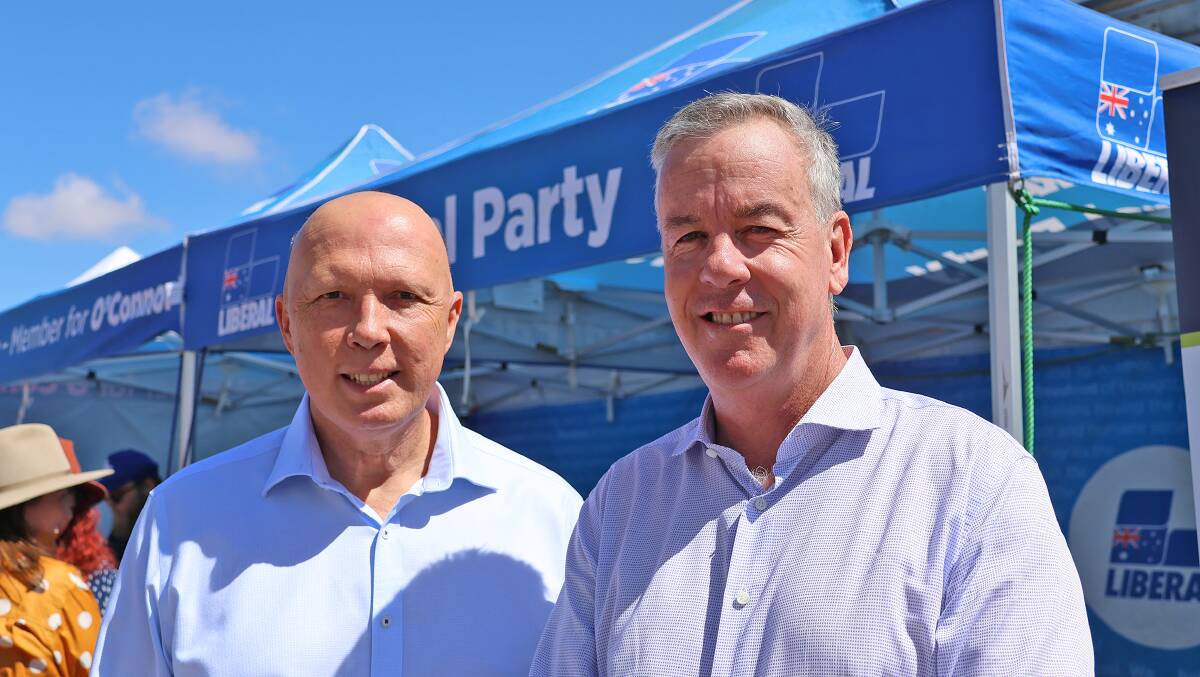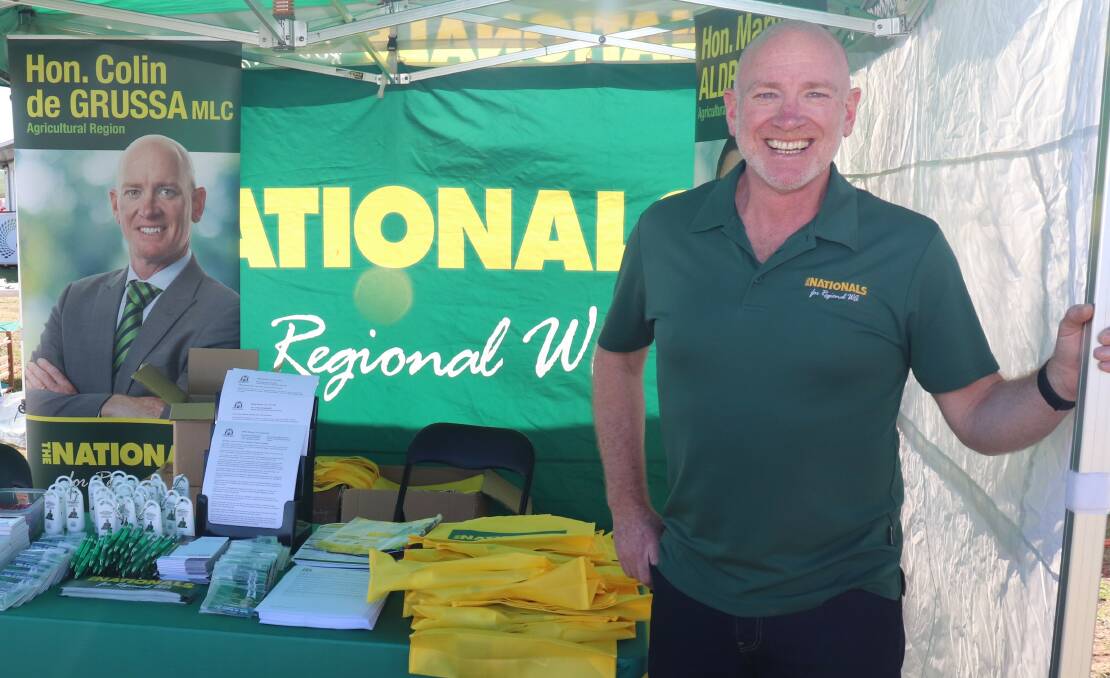
THE State's Merino industry is yet another segment of the agricultural sector extremely nervous about the impact of Federal Labor's proposal to phase-out the live sheep trade.
Speaking in State Parliament recently Liberals WA Agricultural Region MLC Steve Martin said the State's sheep producers had already seen large decreases in sheep prices this autumn due to there being less competition in the marketplace and less boats available to move their livestock.
"We have seen prices of $10, $15 and $20 a head, or less, in recent sales at Muchea and Katanning," Mr Martin said.
"The sheep producers I have spoken to in recent weeks are devastated by that price plummet and honestly thought that they would never see those days again."
He said one of the impacts of a decrease in WA's sheep flock due to Labor's proposal to phase out the live sheep trade would be fewer Merinos.
"The Merino is a wonderful animal that produces a magnificent miracle fibre, but it spends a lot of energy growing that fine wool and then it loses condition in the autumn," Mr Martin said.
"Those sheep are not particularly saleable to a meat processor.
"However, one place they can be sold to is the live export trade.
"Farmers will be doing the sums.
"They will be saying, "do we keep Merinos in the mix?"
Speaking to industry stakeholders at last month's Wagin Woolorama, Mr Martin said anywhere between a 20-40 per cent drop was anticipated for WA's wool production as a result of the demise of the live sheep trade, due to farmers shifting out of sheep completely, or from Merino sheep to other breeds that don't produce wool.
Mr Martin said it was fanciful to think extra processing would be made available for those sheep onshore, with WA's processors already facing a backlog.
"If there were opportunities now, the processors would be doing it, but they are not," he said.
"It is a fairly risky business and they cannot staff it easily."
Working on the potential of a 40pc reduction in WA's sheep flock, The Nationals WA's Agricultural Region MLC Colin de Grussa said going by the Department of Primary Industries and Regional Development (DPIRD) statistics on its own website for WA's numbers, about 5.7 million of the total 14.2m flock are processed for meat and live export.

"A 40pc reduction of the 14.2m head is around 5.7m animals," Mr de Grussa said.
"We would see our stock decimated by this decision.
"That is their estimate and it is particularly concerning that they are already thinking that (there will be a 40pc drop) because decisions are already being made by producers."
READ MORE:
Mr de Grussa said sheep farmers were already making decisions about the future of their businesses, with some of them deciding to exit the sheep industry entirely and others significantly altering their flock structures.
He said this would have a massive impact on all of the industries associated with sheep farming, including the shearing, transport and processing industries.
"It is really important to remember in all of this, of course, that live export is a part of an overall system," Mr de Grussa said.
"It is not a system in and of itself.
"It is not a separate flock of sheep."It is part of an overall flock and a very valuable and important piece of the puzzle."


